Organic white sugar is a sweetener derived from sugarcane that is grown and processed according to strict organic standards. The key difference between organic and conventional white sugar lies in the farming and manufacturing methods.
Key characteristics of organic white sugar:
- Source: It is made from sugarcane that is cultivated without the use of synthetic pesticides, herbicides, or fertilizers. The farming practices are focused on sustainability and soil health.
- Processing: The refining process for organic white sugar avoids the use of harmful chemicals, such as sulfur dioxide, bone char, and bleaching agents. This is a significant distinction, especially for vegans, as bone char is sometimes used in conventional sugar refining. The absence of these chemicals also means that organic white sugar may have a slightly off-white or light blonde color.
- Taste and Texture: Organic white sugar has a clean, sweet taste, free from any chemical aftertaste. It has a fine, crystalline texture similar to regular white sugar and is free-flowing.
- Use: It is a versatile ingredient that can be used in the same way as conventional white sugar for baking, cooking, and sweetening beverages. It’s often chosen for recipes where a pure white color and clean flavor are desired.
Nutritional Facts
From a nutritional standpoint, organic white sugar is virtually identical to conventional white sugar. Both are almost pure sucrose. While some sources might suggest that organic sugar retains trace amounts of minerals from molasses, these amounts are negligible and do not make it a “healthier” food in a meaningful way.
Here are the typical nutritional facts for organic white sugar, which are the same as for conventional sugar, based on a 4-gram serving (about 1 teaspoon):
- Calories: 15
- Total Fat: 0 g
- Sodium: 0 mg
- Total Carbohydrates: 4 g
- Sugars: 4 g
- Protein: 0 g



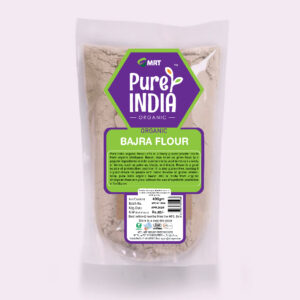
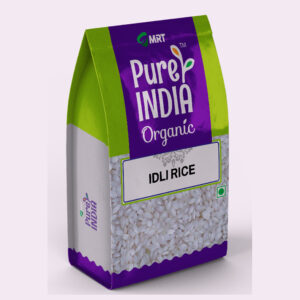
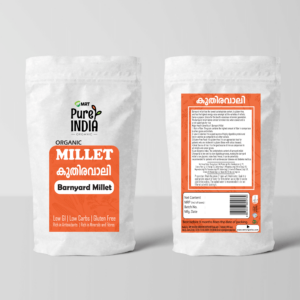
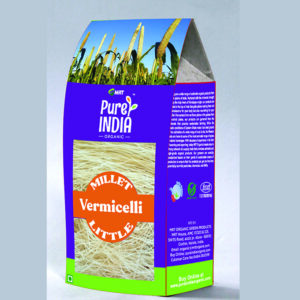
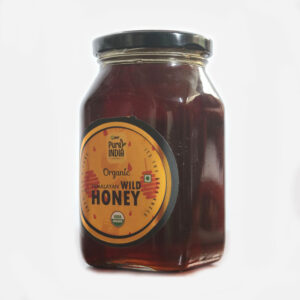
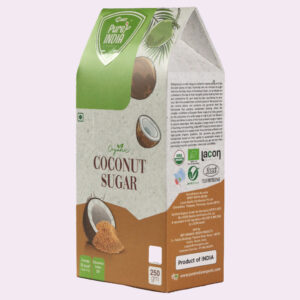
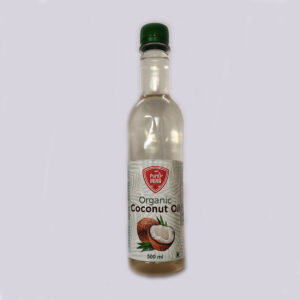
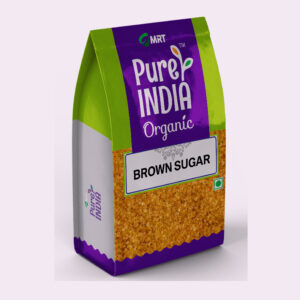

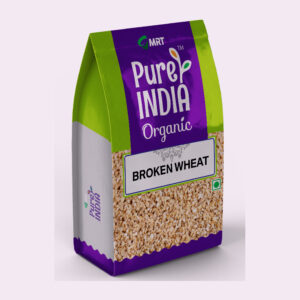
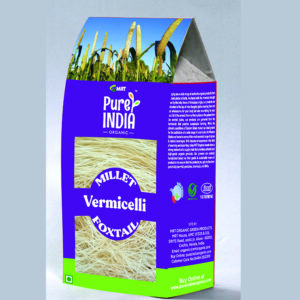
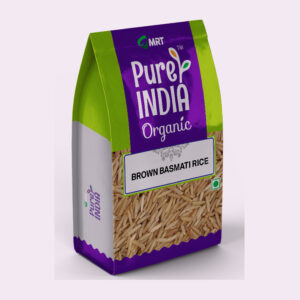





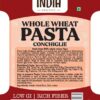
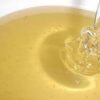
Reviews
There are no reviews yet.